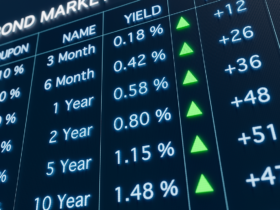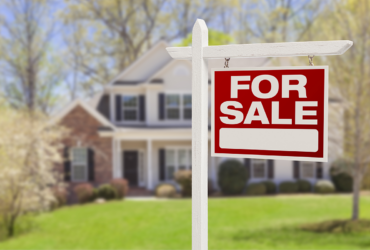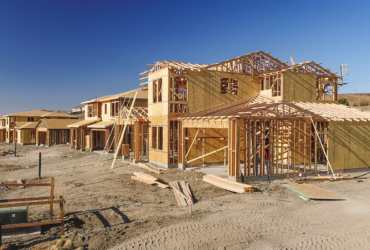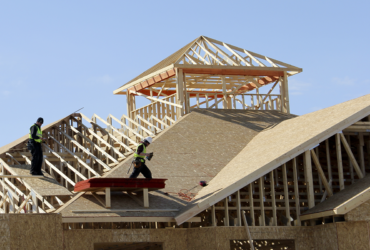In 2021, homeownership tenure fell slightly from the recent peak in 2020, according to Redfin’s latest report…(Redfin)
- The typical American homeowner in 2021 had spent 13.2 years in their home, this is down from the 13.5 years peak reported in 2020.
- Despite the slight decline, homeownership tenure is still up significantly from 10.1 years reported in 2012.
Not surprisingly, homeowners in California stayed put the longest. The typical Los Angeles homeowner had spent 18 years in their home as of 2021, the longest tenure of the metros in this analysis.
- WHY? Proposition 13 mandates a property tax rate of one percent, requires that properties be assessed at market value at the time of sale, and allows assessments to rise by no more than 2 percent per year until the next sale. An NBER paper concluded, “This means that as long as property values increase by more than 2 percent per year, homeowners gain from remaining in the same house…”
As the American population ages so are homeowners. One-third of U.S. household heads were at least 65 years old in 2019. This is up 5 percentage points from 2012 and is only expected to grow.
- NOTE: Helping to elongate homeownership tenure was the COVID pandemic. Not only did it encourage people to stay put, but the high profile nursing home debacles, like in New York, have helped to decrease occupancy rates in senior-living communities. Occupancy rates fell from about 85% pre-pandemic to a low of 69% in February 2021.
Daryl Fairweather, Redfin Chief Economist, says despite these trends we could see stronger downward pressure on homeownership tenures…
- “Homeowner tenure may have already peaked, or the decline in 2021 could be a blip before it climbs back up…There are competing forces at work. Remote work is encouraging homeowners to sell their homes in expensive cities and move to more affordable areas, which could pull tenure down. But on the flip side, rising mortgage rates may discourage people from selling and older Americans are staying put longer, which could push it back up.”






Got a Questions?
Find us on Socials or Contact us and we’ll get back to you as soon as possible.